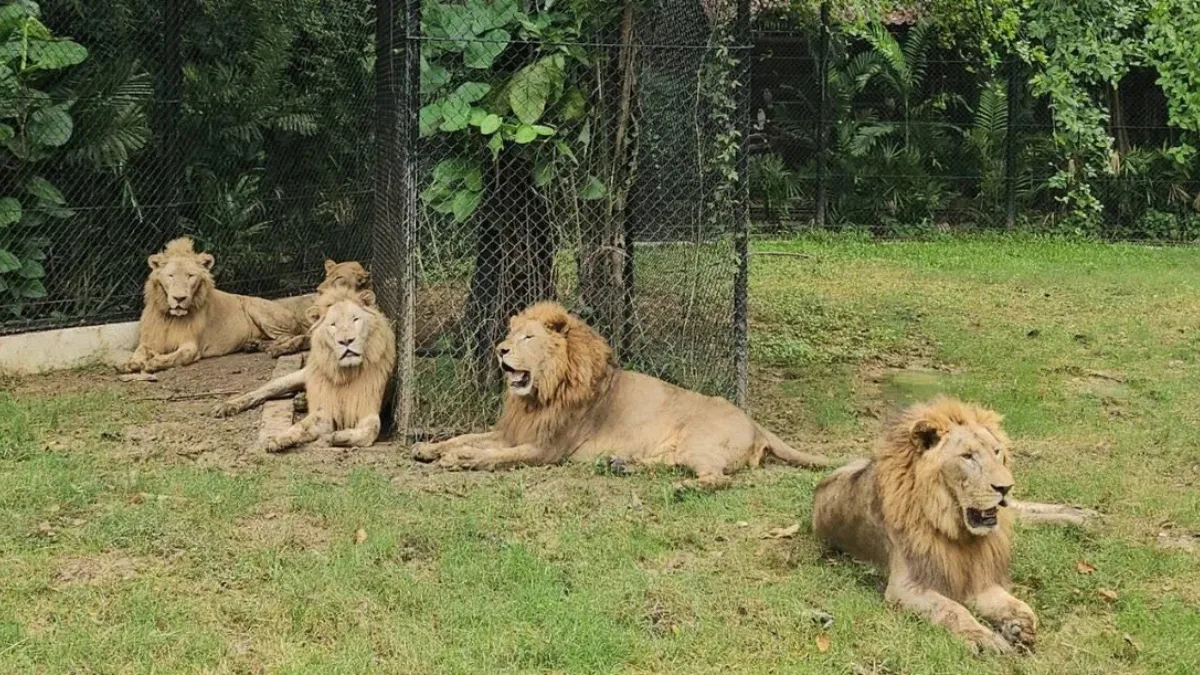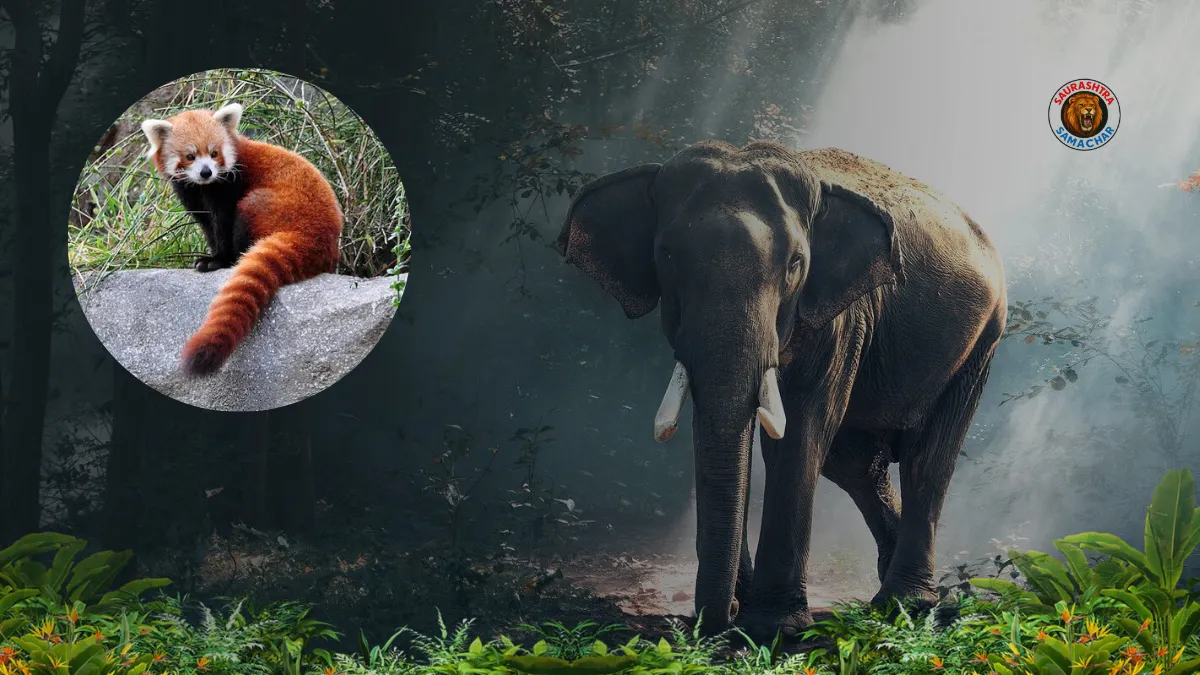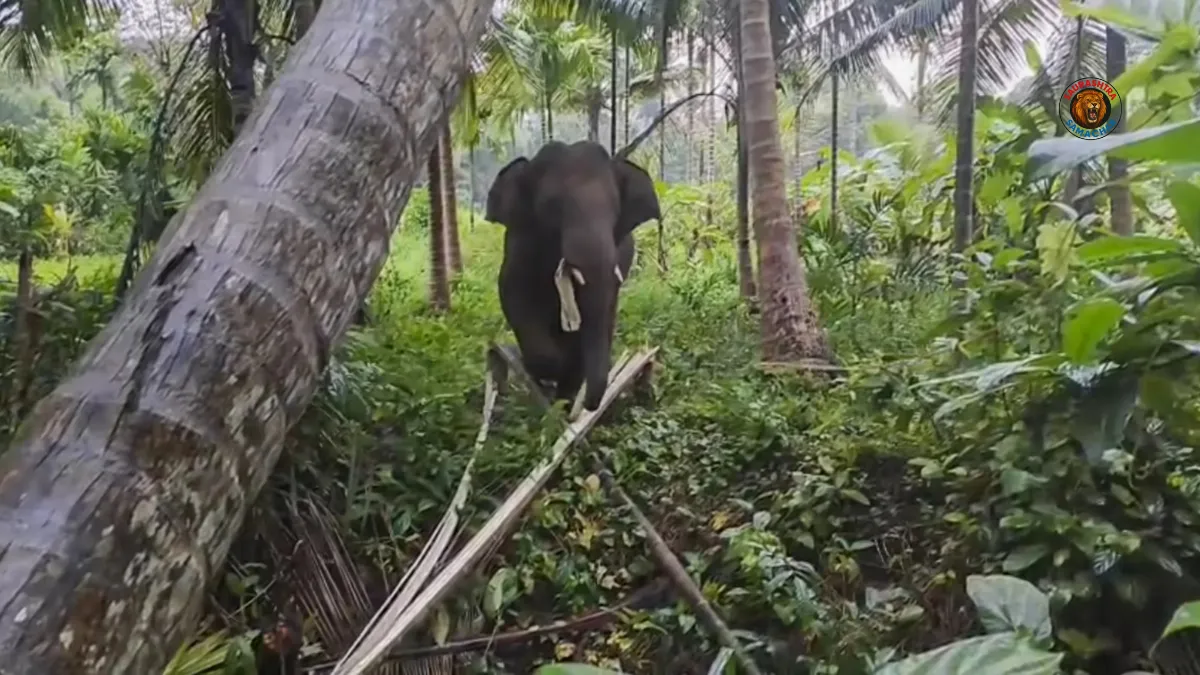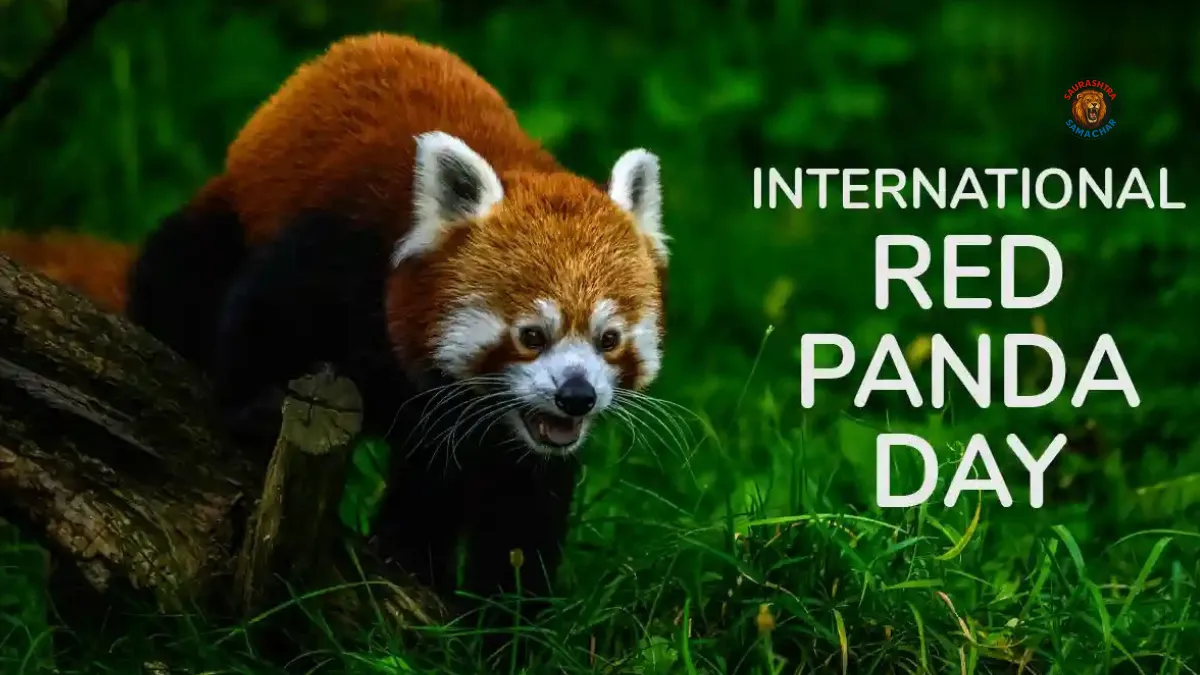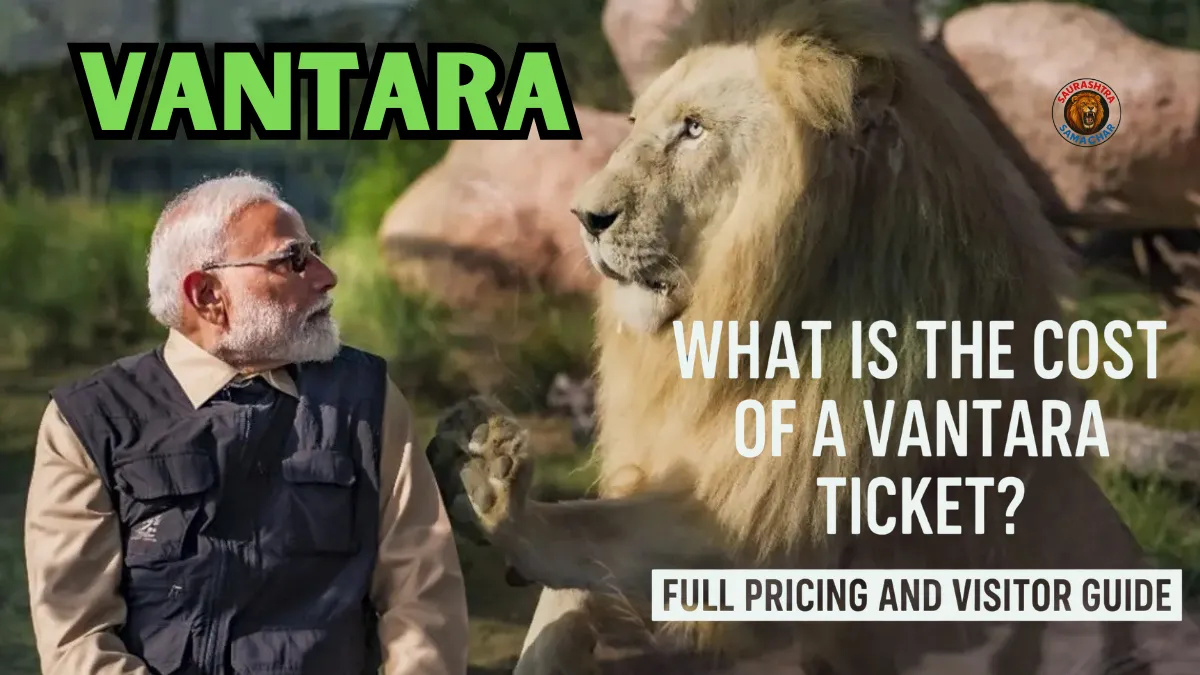Bangkok, Thailand – A tragic incident has shaken Thailand after a senior zookeeper was killed in a brutal lion attack in front of shocked visitors at a well-known zoo in Bangkok. The horrifying event has raised fresh concerns about animal safety standards and the risks of keeping dangerous predators in captivity.
According to local media reports, the victim was a zookeeper in his 50s who had spent more than two decades working with lions and tigers. On Wednesday, while performing his routine duties at Safari World, a private zoo and popular tourist attraction in Bangkok, the man was attacked by at least three lions. Witnesses said the attack happened after the zookeeper left his work vehicle, an action considered a violation of the zoo’s strict safety regulations.
The Fatal Attack
Eyewitnesses described the terrifying moment when the lions pounced on the zookeeper, dragging him to the ground inside their enclosure. Tourists who were at the site for lion-feeding shows captured videos of the incident, which reportedly lasted nearly 15 minutes. Despite the desperate efforts of his colleagues, who managed to pull him away from the lions, the zookeeper suffered severe injuries. He was rushed to a nearby hospital but was pronounced dead shortly afterward.
The zookeeper killed in lion attack in Thailand had worked at Safari World for over 20 years. His role included guiding animals within their designated areas by driving a pickup truck, a routine part of the zoo’s animal management system. However, stepping out of the vehicle inside the enclosure created a deadly situation, officials noted.
Investigation Into Safety Standards
Following the incident, wildlife officials from Thailand’s Department of National Parks, Wildlife and Plant Conservation launched an urgent investigation. Authorities are now examining whether Safari World had proper permits to keep lions and whether the enclosures meet national and international safety standards.
Zoo management released an official statement expressing “deepest condolences” to the family of the deceased staff member. Safari World also promised full support for the victim’s family and emphasized that this was the first incident of its kind in more than 40 years of operation.
“The company will urgently review and strengthen safety measures to prevent a recurrence of such incidents,” the zoo said in its statement.
Reactions From Conservation Groups
The incident has drawn strong reactions from animal welfare organizations in Thailand. The Wildlife Friends Foundation Thailand, a prominent NGO, stated that Safari World’s safety standards generally align with international practices. However, it stressed that keeping dangerous wild animals in captivity always carries significant risks.
“This tragic case should serve as a stark reminder,” the organization noted. “Even with strong safety protocols, the presence of lions in entertainment facilities poses threats both to human staff and the animals themselves. Lions kept in private zoos, coffee shops, or entertainment parks are tragedies waiting to happen.”
Wild Animal Attacks in Thailand
Thailand has long struggled with fatal encounters between humans and wild animals. While elephant attacks have been more common in rural areas, the recent lion mauling highlights the risks associated with captive wildlife as well.
Official records show that wild elephants caused at least 227 deaths across the country in the last 12 years. In January 2024, a 22-year-old Spanish tourist tragically died after being gored by an elephant while bathing the animal at a tourist camp.
These recurring incidents continue to fuel debate about the ethical and practical challenges of using wild animals for entertainment and tourism.
Safari World Under Spotlight
Safari World, established in 1988, is one of Thailand’s most famous private zoos, attracting thousands of visitors every week. It is widely known for its drive-through safari park and animal shows, which include lion- and tiger-feeding experiences.
The zoo insists that it employs professional handlers and veterinary experts to ensure the health and safety of its animals. Until now, its safety record had been considered strong. But the death of a senior zookeeper under such circumstances has cast doubt on whether existing safety measures are sufficient.
Broader Debate on Captive Wildlife
Experts say that while zoos can contribute to education, research, and conservation, they also carry serious risks. Predators such as lions are unpredictable, and even highly experienced handlers remain vulnerable.
Some wildlife advocates argue that Thailand should implement stricter controls on zoos and entertainment parks to prevent future tragedies. Others call for stronger public awareness about the dangers of keeping wild animals in captivity.
As one conservationist commented, “This incident is a grim reminder that wild animals, no matter how long they’ve lived in captivity, still have natural instincts that can turn deadly in an instant.”
Also read: Is Vantara Legal in India? Laws, Permissions, and Controversies Explained
A Tragic Loss
For Safari World, the death of an experienced staff member marks a dark chapter in its history. For the victim’s family, friends, and colleagues, it is an unimaginable loss.
The zookeeper killed in lion attack in Thailand had dedicated more than 20 years of his life to caring for and managing big cats. His sudden death serves as both a tragedy and a warning about the inherent dangers of working with wild predators.
As investigations continue, Thailand faces growing questions about balancing animal-based tourism with safety and ethical responsibilities. Whether stricter regulations or new safety systems will follow remains to be seen, but for now, the incident has left the nation—and the global wildlife community—deeply shaken.
